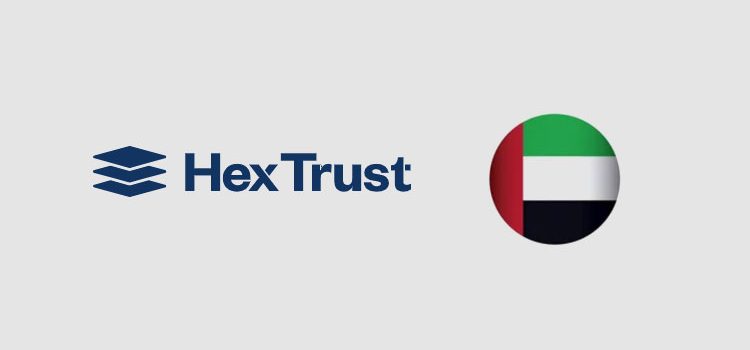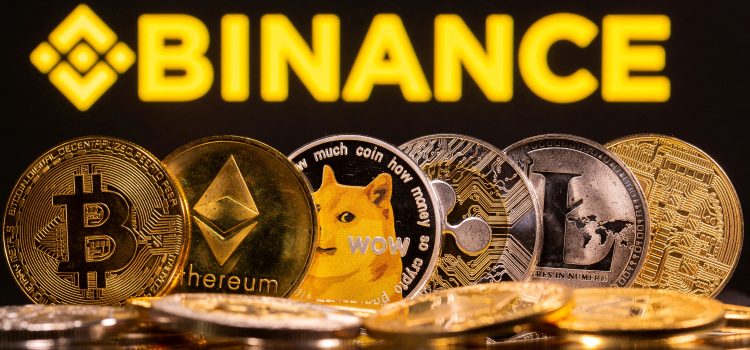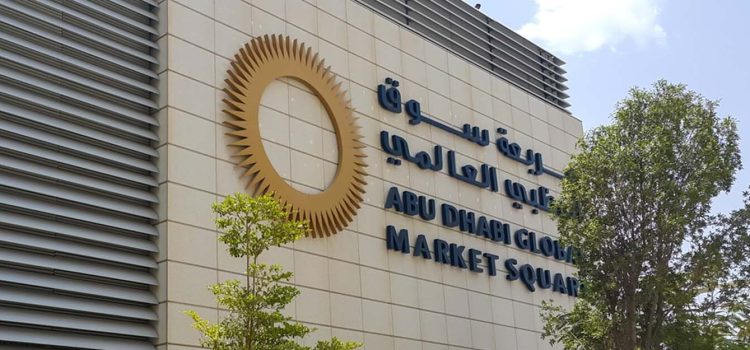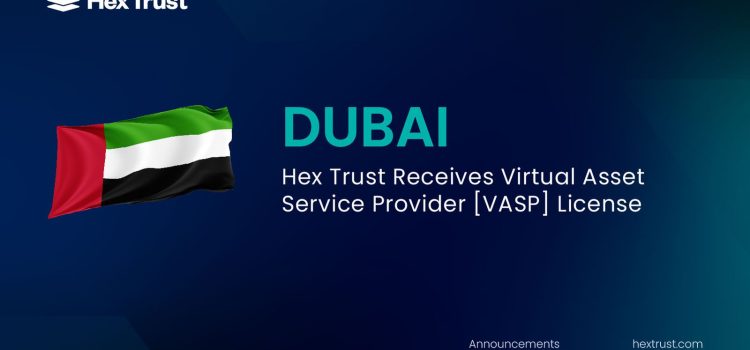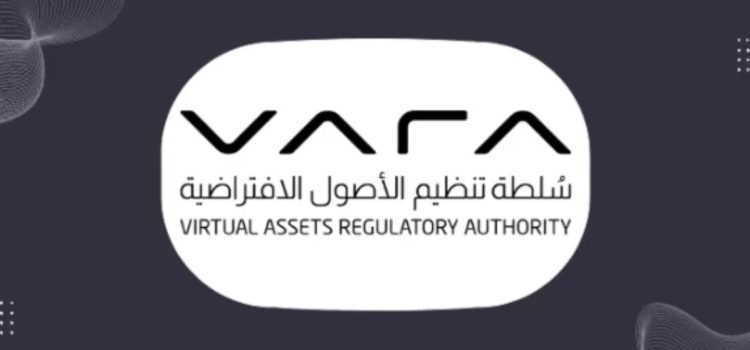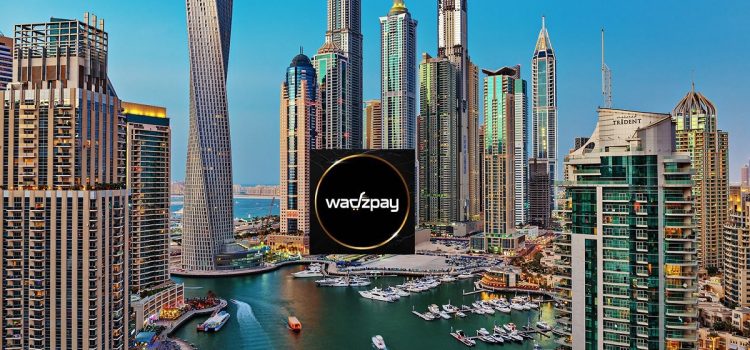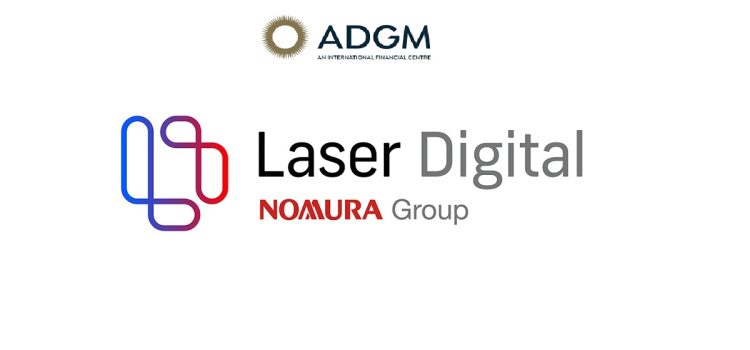
The Dubai Financial Services Authority (DFSA) the regulatory arm of DIFC ( Dubai International Financial Center) has amended its crypto token regime. These changes stem from the proposals outlined in Consultation Paper 153 – Updates to the Crypto Token regime published in January 2024.
According to the press release, this marks a significant step in refining and advancing the regulatory environment for Crypto Tokens in the Dubai International Financial Centre (DIFC).
Amendments are related to the following areas, funds, custody, recognition of crypto tokens and financial crime
In terms of funds DFSRA now allows the offering of units of external and foreign funds investing in recognized crypto tokens, as well as the ability for domestic qualified investor funds to invest in unrecognized crypto tokens. Minimum individual investment in fund is $50,000. The Fund’s investment in Crypto Tokens is limited to Recognized Crypto Tokens and does not exceed 20% of the gross asset value of the Fund.
Firms can offer custodial and staking services as per the amendment but they cannot offer lending services. Cited in the document, ” An Authorized Firm must not offer or provide any facility or service that allows a Client to lend a Crypto Token to the Authorized Firm or to another person unless it is reasonably satisfied that:. (2) The restriction in (1) does not apply to: (a) an Authorized Firm that is authorized to Provide Custody, if: (i) the Crypto Token is not a Prohibited Token; (ii) the Authorized Firm is reasonably satisfied that: (a)(A) the Client is a Professional Client or Market Counterparty; and (b)(B) the lending is solely for the purpose of staking.; and (iii) the requirements in (3) have been met”
An Authorized Firm must be able to demonstrate to the DFSA’s satisfaction the grounds upon which the Authorized Firm considers the Third Party Agent or a non DIFC custodian to be suitable to hold Safe Custody Investments or Safe Custody Crypto Tokens.
In addition DFSA has replaced its previous Anti-Money Laundering, Counter-Terrorist Financing and Sanctions Module (AML) – (AML/VER25/05-24) is repealed and has been replaced by Appendix 1 to this instrument and may be identified by the following reference – (AML/VER26/06-24). VASPs will have to comply with Federal Cabinet Resolution No. 10 of 2019 requirements under Federal AML legislation to Virtual Asset Service Providers (VASPs), in addition to Financial Institutions and DNFBPs. The DFSA’s AML regime applies in addition to the Federal AML legislation.
In terms of NFTs and utility tokens, the DFSA has excluded a Non-Fungible Token (NFT) and a Utility Token from its Crypto Token definition where such a Token meets specified criteria. However The DFSA has prescribed in AML Rule 3.2.1 that a person who carries on the business or profession of issuing or providing services related to a NFT or Utility Token is a DNFBP. An exclusion applies, in the case of an issuer, if the value of each NFT or Utility Token issued is less than $15,000 and, in the case of a service provider, if the service is IT support or advice to an issuer.
VASPs will have to adhere to AML requirements of the government of the U.A.E. or any government departments in the U.A.E.; the Central Bank of the U.A.E.; the FIU; the National Anti-Money Laundering and Combating Financing of Terrorism And Financing of Illegal Organizations Committee (NAMLCFTC); FATF; U.A.E. enforcement agencies; and the DFSA.
DFSA also recognized stablecoins which it called Fiat crypto tokens. DFSA does not consider privacy tokens or algorithmic tokens as recognized.
As noted, ” if Fiat Crypto Token, all of the requirements are met in respect of that Fiat Crypto Token including the matters referred to the regulatory status of the Crypto Token in other jurisdictions, including whether it has been assessed or approved for use by a Regulator in another Recognized Jurisdiction; whether there is adequate transparency relating to the Crypto Token, including sufficient detail about its purpose, protocols, consensus mechanism, governance arrangements, founders, key persons, miners and significant holders; the size, liquidity and volatility of the market for the Crypto Token globally; the adequacy and suitability of the technology used in connection with the Crypto Token and whether risks associated with the Crypto Token are adequately mitigated, including risks relating to governance, legal and regulatory issues, cybersecurity, money laundering, market abuse and other financial crime.
These changes are based on recent market developments, recommendations from international standard-setters and the DFSA’s supervisory experience.
Over the past two years, the DFSA has engaged with over 100 firms looking to be licensed, gaining valuable insights into the market dynamics and regulatory needs.
Ian Johnston, Chief Executive of the DFSA, said: “Our objective with the Crypto Token regime is to foster innovation in a responsible and transparent manner while ensuring we meet our regulatory objectives. At the DFSA, we have taken a balanced approach in the development of this regime and remain committed to evolving it in line with global best practices and standards.”
Noteworthy is that the amendments did not cover insurance which was mentioned in January in the consultation paper.









